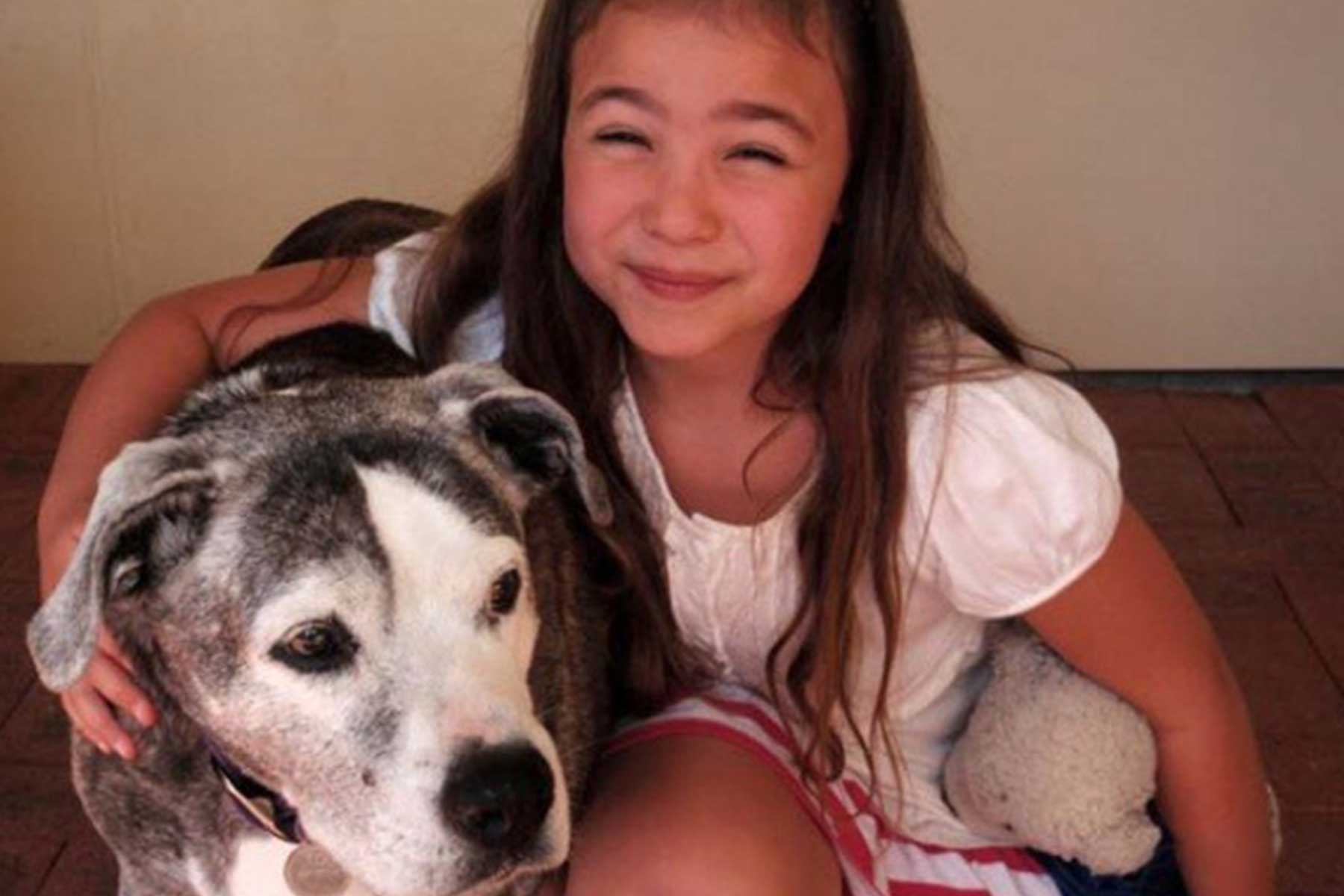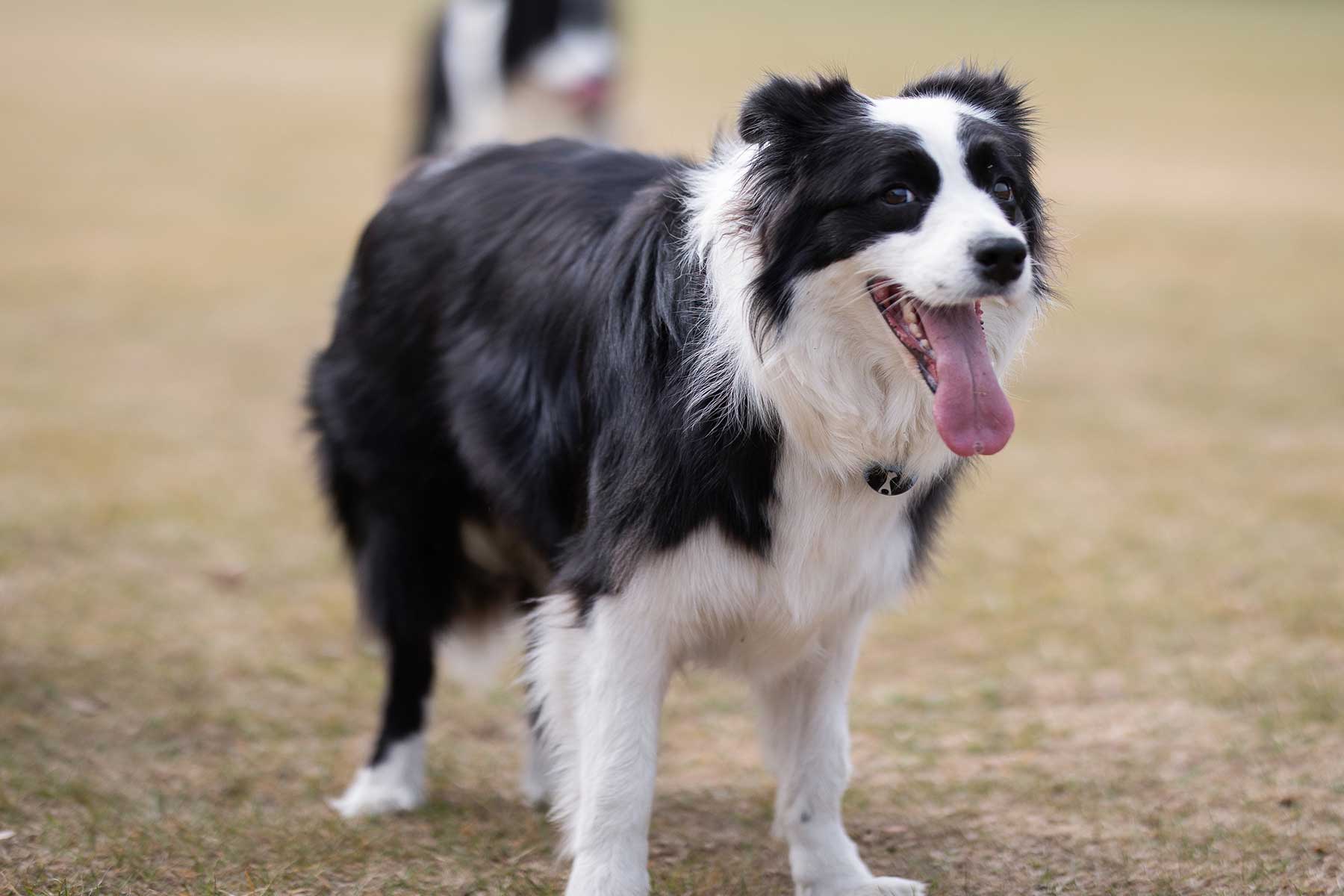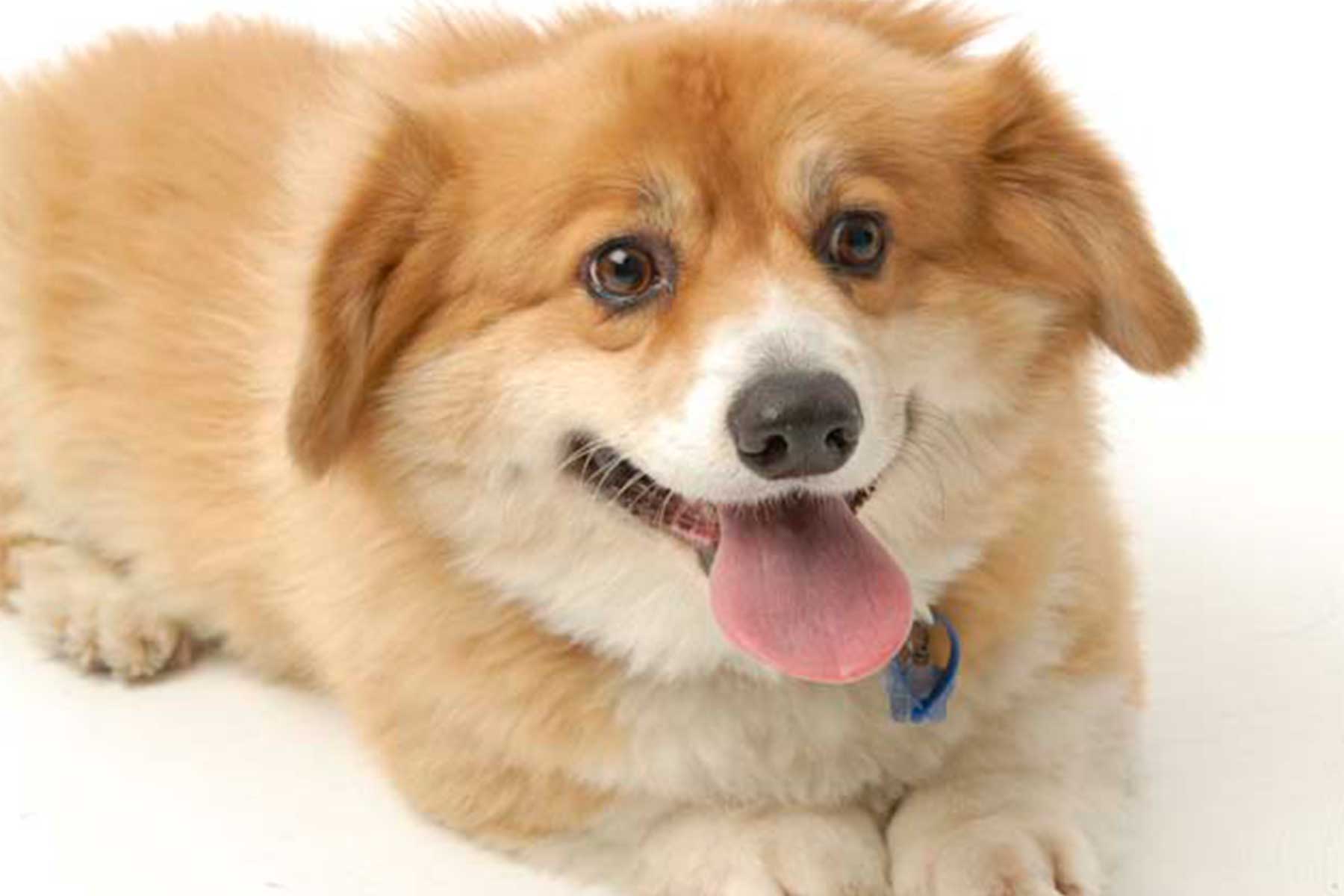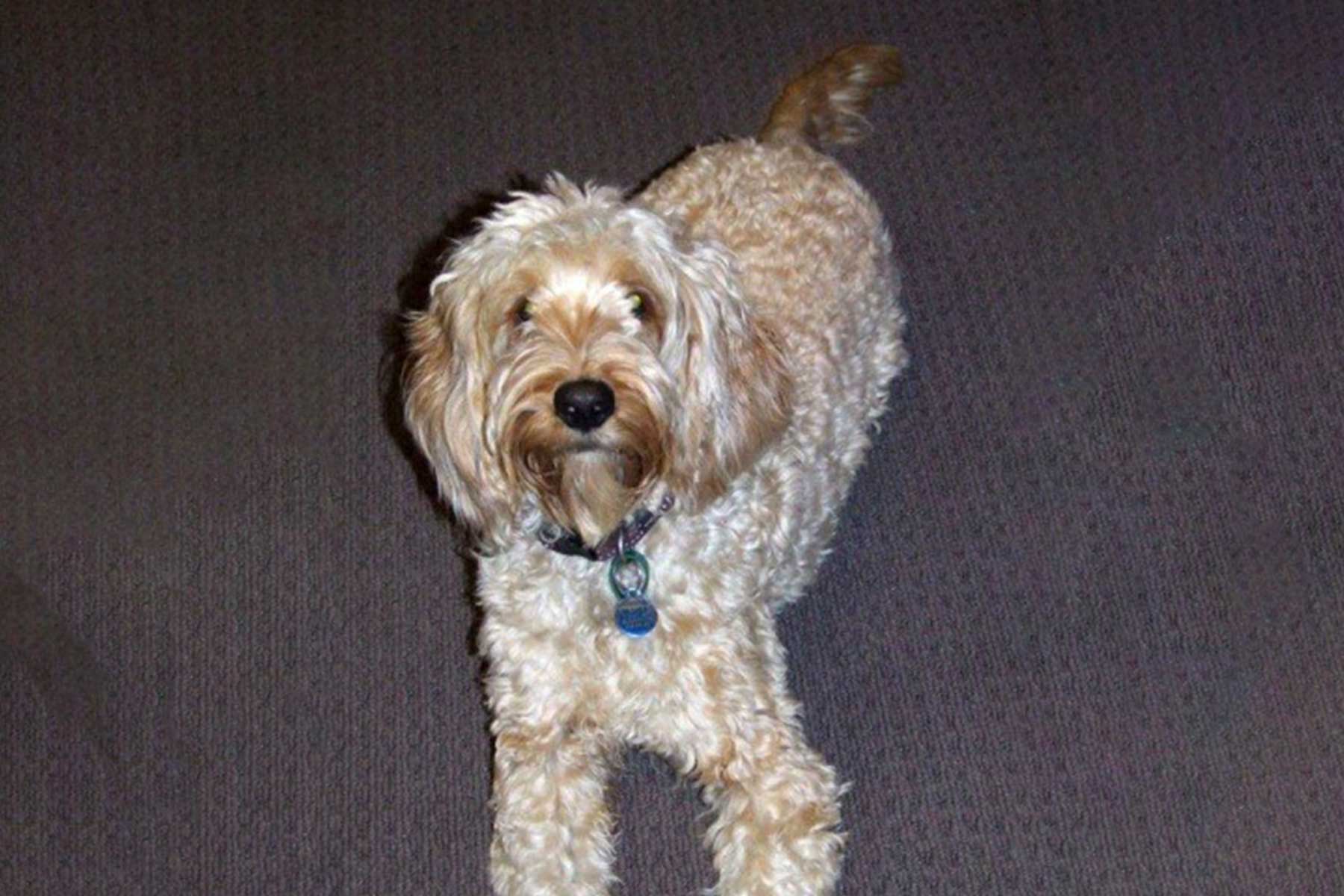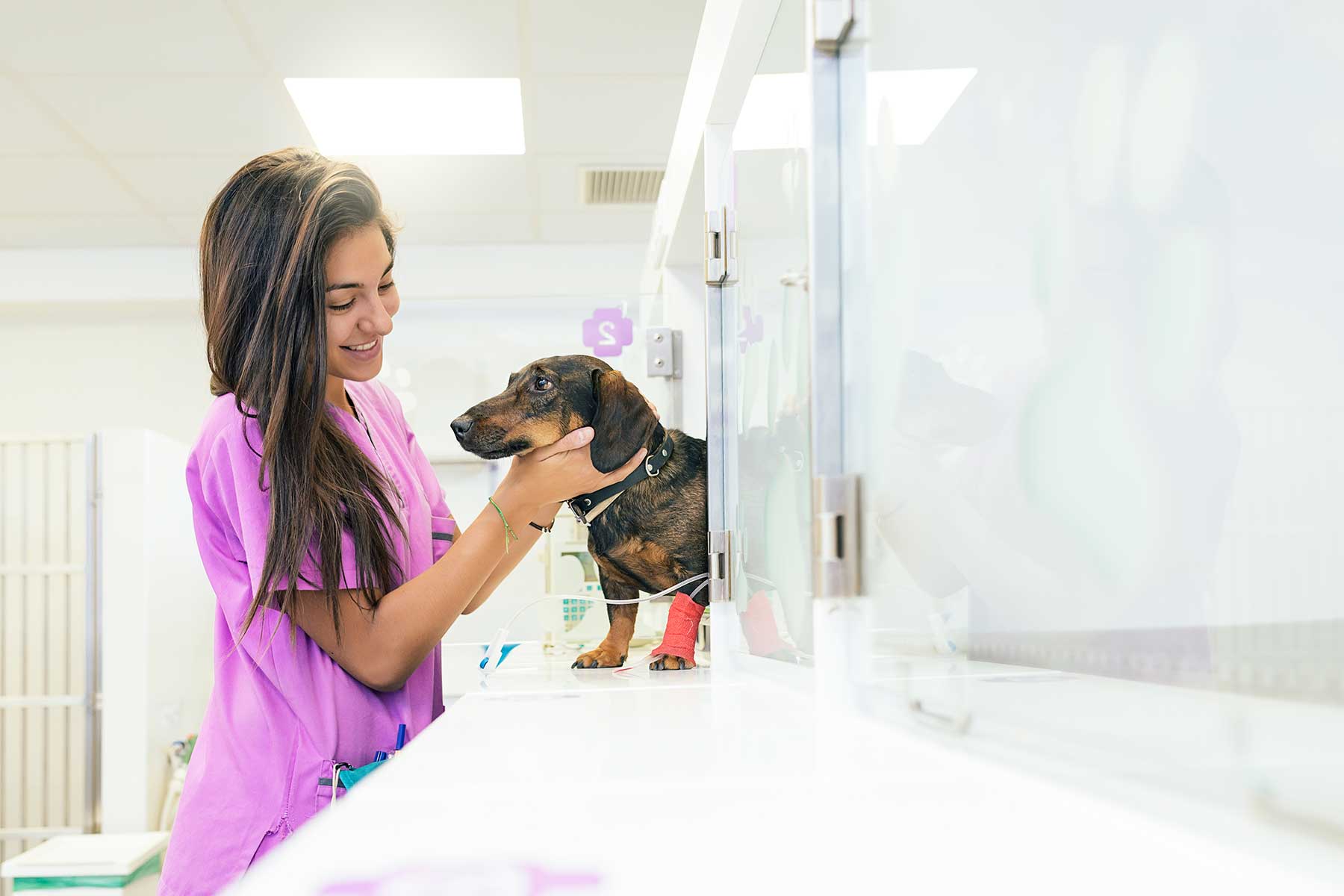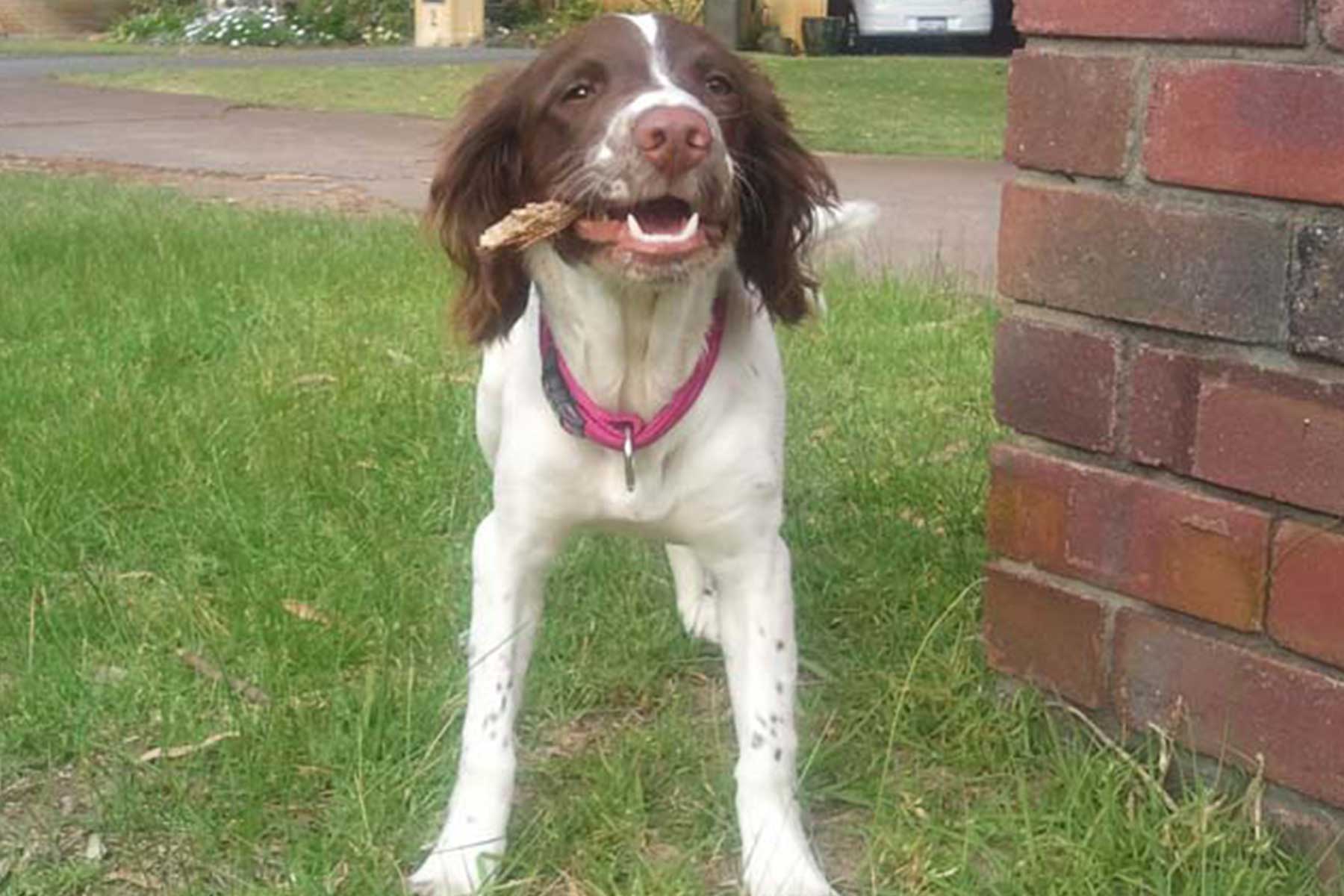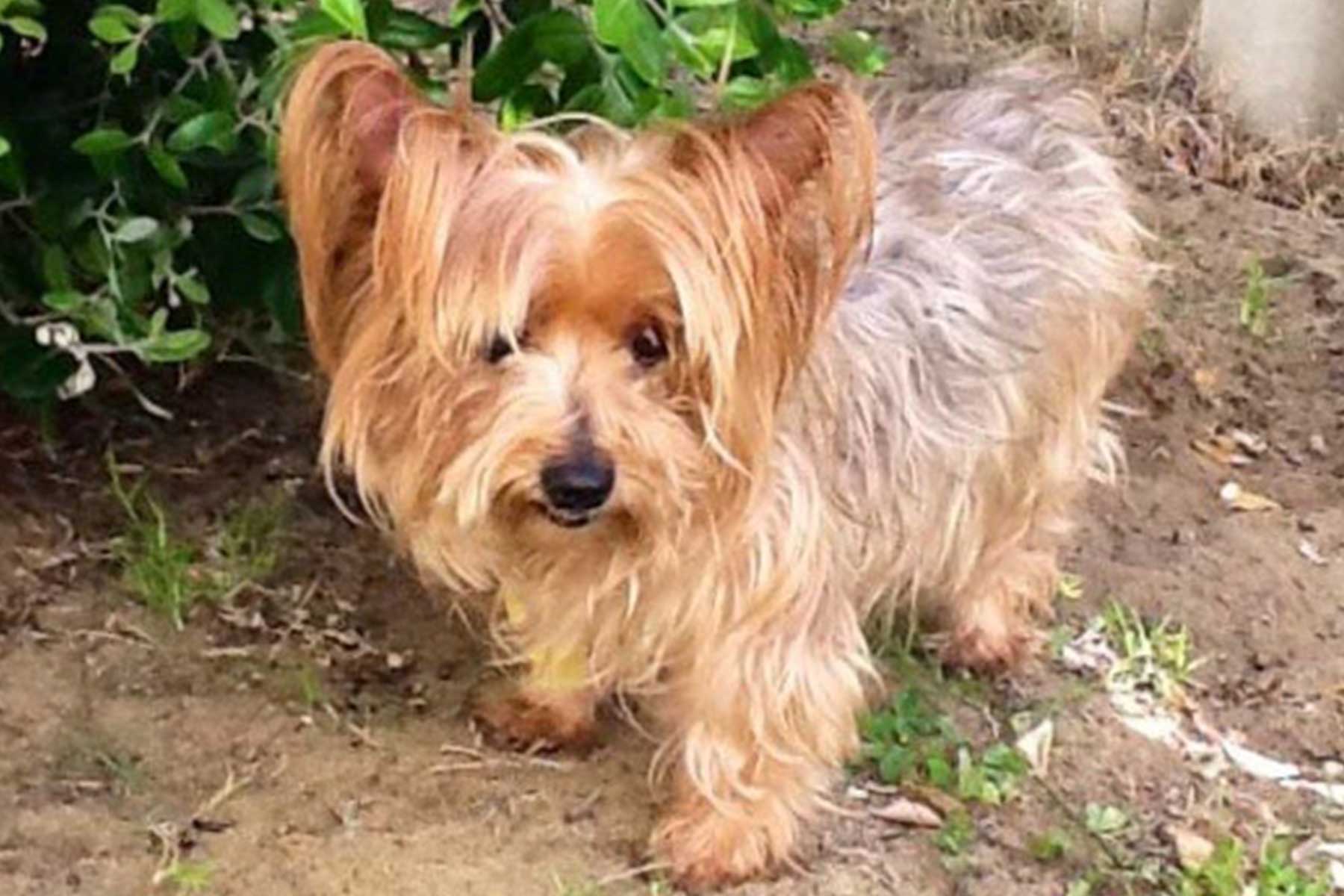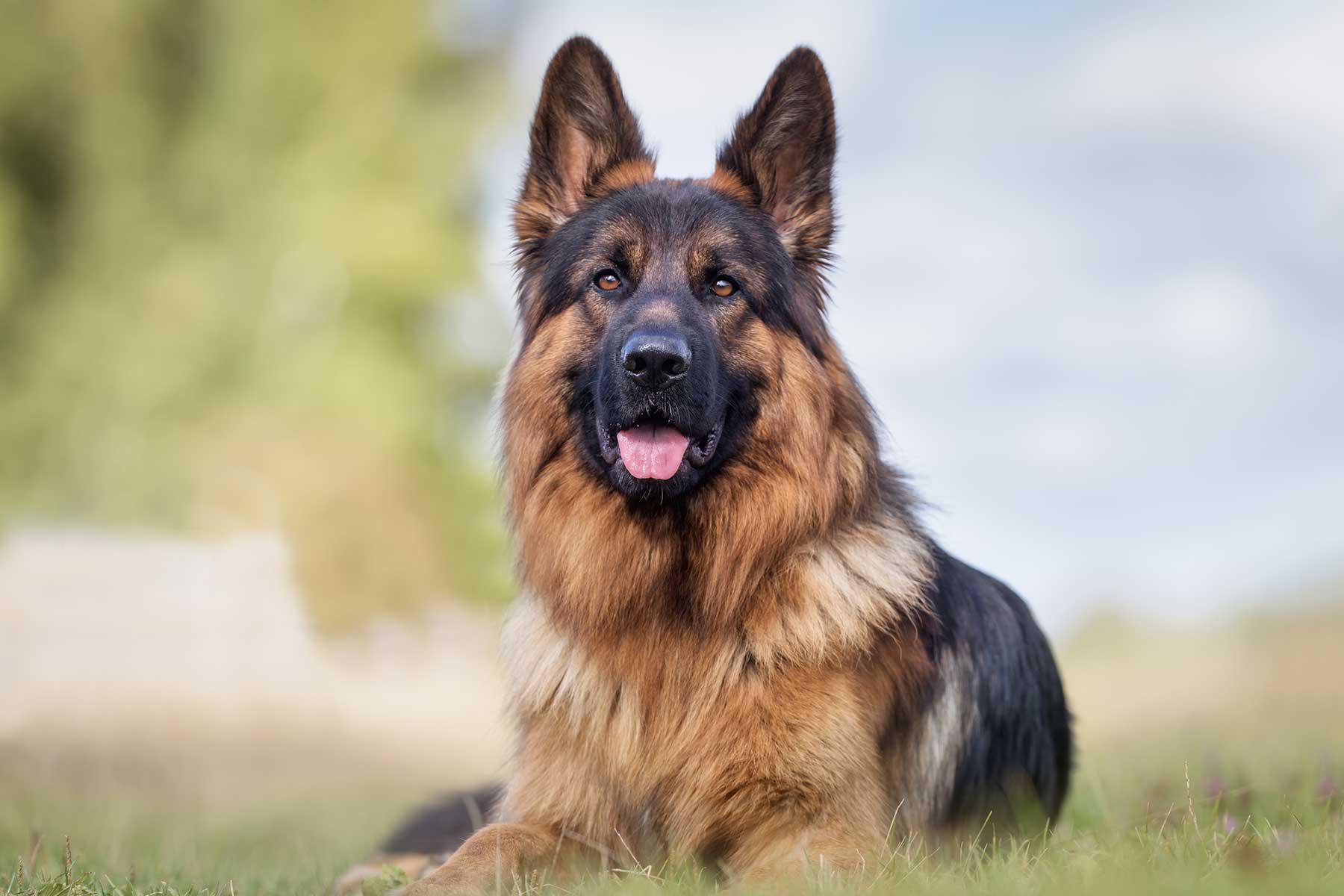Our very own Vetwest nurse Shalynne Jones travelled to Namibia in Africa in February 2019 to volunteer at the Naankuse Conservation Foundation.
Here is Shalynne’s story:
I am very passionate about animal welfare, wildlife rehabilitation and conservation. This interest is what helped me to decide to become a veterinary nurse, it has also taken me to a few amazing places. I have travelled to Borneo to volunteer at a rehabilitation sanctuary for many animals including Orangutans and most recently I was able to visit Africa for a second time and volunteer in Namibia.
In Namibia, I was lucky enough to be able to participate in both Naankuse’s Wildlife rehabilitation and Veterinary course.
The Naankuse Foundation is a charity dedicated to conserving the land, cultures and wildlife of Namibia. They provide a safe haven and second chance for injured, orphaned and conflict animals. Wherever possible their aim is to release animals back into the wild. Naankuse works in mitigating human-carnivore conflict. With 70% of Namibia being owned farmland, conflict between human activities and wildlife is inevitable and usually results in the lethal control of large carnivores as a preventative measure against, or in retaliation for, livestock depredation.
Naankuse have also created jobs for San bushman and built a school onsite for their children. Through providing quality education to the San people of Namibia, Naankuse reduces poverty by increasing future earning potential for these children and young people. They also built a Lifeline Clinic, which is dedicated to the health and welfare of the San community. The Lifeline Clinic provides free primary healthcare.
Throughout my stay in Namibia I was able to assist and help with various tasks. We were given the opportunity to work on cheetah identification, get familiar with the footprint identification technique and learn how to read footprints of different species and set up camera traps. We had the chance to do annual health checks on animals at the sanctuary, enrichment activities, help with injured wildlife in the reserve, track leopards and help with the release of animals.
My first two weeks involved building paper mache animals for a pride of lions. Our team decided Zebra would be on the menu. We had the opportunity to observe animals like baboons, caracals (wild native cats), wild dogs, mongoose and cheetahs, with the aim of learning about their behaviour, nutrition and rehabilitation needs. Cleaning and food preparation are a big part of volunteering, and can be quite labour intensive, especially in the African heat. It is rewarding once you see all the animals chomping away on their favourite food.
In my second week, I was able to release two Genets (small African carnivores). This began with a soft release, this entailed transporting them to an enclosure within the reserve so that they could get used to the new environment. They were then fully released seven days later. It was amazing to see what all the hard work from Naankuse had resulted in. It was during this week that three African painted dogs were shot on the reserve. As they are endangered, this was a very serious matter and involved police.
Seeing first hand, a senseless act of violence, the evidence and perpetrators being arrested was frustrating and devastating. It is a moment that will be forever with me. To be involved in the attempted rescue of these beautiful animals was surreal and frightening. One dog was just holding on, and we had to rush back to the clinic while monitoring him on the back of a truck that was doing 130km/hr. It was impossible to try to get any vitals, so I was holding him and just making sure his heart was beating and he was breathing. There were many times where I had to yell to stop the car just so I could make sure he was breathing. We finally made it to the clinic and stabilised him but unfortunately 3 days later he passed away while under sedation for x-rays, which revealed the damage caused by the shotgun. I was extremely broken but I also knew that his death would not go in vain and Naankuse are trying hard to make sure the people responsible are prosecuted.
My last two weeks were spent shadowing the two vets onsite at Naankuse. There were informative lectures about the veterinary side of wildlife rehabilitation and care. We were able to complete health checks on Cheetahs, Painted Dogs and Caracal, all of which included tranquilizing each animal; vaccinations for rabies; and thorough health checks. It was amazing to be able to be so close to these animals while doing physical examinations. We also got to help with the transport of an older leopard to a camp that was a bit closer to the sanctuary so he could be monitored as he aged. This was not easy as we decided to not tranquilise him so that meant transporting a live and very awake leopard. Although it was not a simple task we all managed to successfully move him without a hitch.
One of my favourite activities became observing the painted dogs. Due to three members being shot and killed in the reserve the other two left had to be bought back to the sanctuary as their survival rate was now low due to the reduction of their pack. We were tasked with assessing the other packs and learning about the hierarchy. The plan was to get three of the lowest ranking females and introduce them to the two males from the reserve and then re-release them as a pack. There is a lot of planning that goes into this process and this was only the beginning.
Wild dogs were something to behold. The loud whining noises that the packs make before their feed is really amazing to hear. Wild dogs get a bad rap for being one of the uglier carnivores but I think they’re cute and they have fast become one of my top African animals. Each dog has unique markings on their fur and just like our fingerprints you can track them and distinguish between each dog by their markings. They are not liked by many people due to their ferocity. They kill their prey by ripping them apart, while they’re still alive. Learning about and watching these beautiful animals is a memory that will stick with me forever.
Participating in the Naankuse volunteer programme was one of the best decisions I have ever made. I met so many people, I learnt a lot about the Namibian flora and fauna, the people and their culture as well as life in general. It is incredible to see how hard Naankuse work in order to mitigate human-wildlife conflict and to protect the amazing nature and wildlife of Namibia. I feel very privileged that I had the opportunity to be part of such a great project and would recommend this to anyone who wants adventure, to give back, while experiencing all that Namibia has to offer.

